The mystery around Cheyne Coates of Madison Avenue as their hit Don’t Call Me Baby turns 20
They sold a million copies of Don’t Call Me Baby and were offered a million dollars to make a second album. However, Melbourne dance duo Madison Avenue split after one record and as DJ Andy Van explains, it’s unlikely they will ever be back.
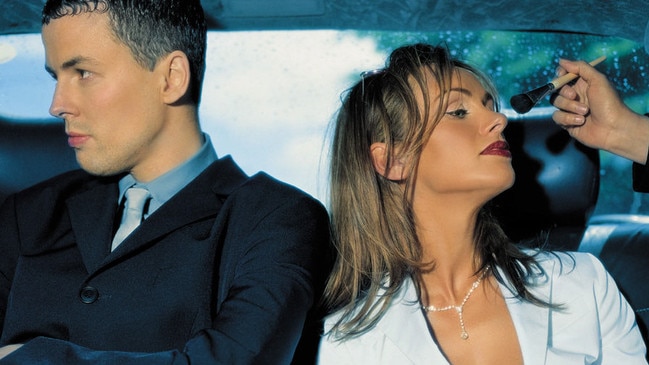
Music
Don't miss out on the headlines from Music. Followed categories will be added to My News.
Knock yourself out, Andy Van has already heard all the Madison Avenue ARIA awards jokes.
As one half of the million-selling, chart-topping Melbourne dance duo, the DJ had a back row seat at the 2000 performance where singer Cheyne Coates couldn’t quite align her thirst with a now famous glass of water.
“Honestly, if I could get a T-shirt made with a glass of water on it I’d wear it,” Van laughs. “Or a sponsorship from a water company. It’s one of the best or worst moments in ARIA history, I’ll take that. It honestly doesn’t bother me.”
Madison Avenue weren’t even performing Don’t Call Me Baby that night (where the track won Single of the Year and Highest Selling Single), rather a medley of the follow-up hits Everything You Need (No. 6) and Who the Hell Are You (No. 1).
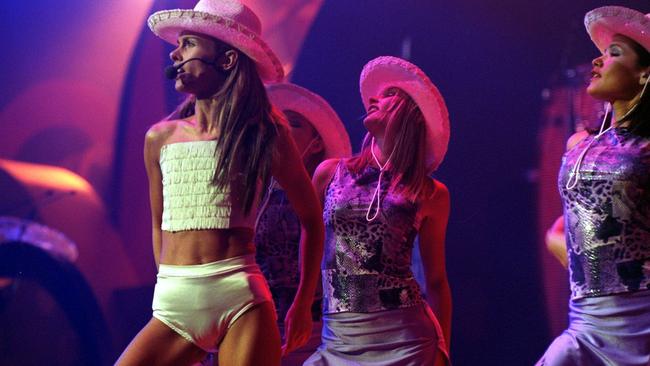
This month marks the 20th anniversary of Don’t Call Me Baby’s release – it would reach No. 2 in Australia at the end of November 1999, selling over 200,000 copies.
After charting in the UK in late 1999, a reissue of the song saw it bump Britney Spears’ Oops … I Did It Again from the top to reach No. 1 in the UK in May 2000. The song has sold over a million copies globally and this year was covered by Emma Bunton for her latest solo album.
“It felt like a karaoke version,” Van says of the Baby Spice remake.
“It should have had some raunch to it. It’s a female empowerment song about having guts and telling a guy you’ve had enough, which ironically is very now with the #MeToo movement. It was a #MeToo song 20 years ago. For me, that version had no edge.”
Don’t Call Me Baby was born when DJ Van, and choreographer/singer Coates wanted to write a song to sit alongside disco-fuelled hits of the time Free by Ultra Nate, Horny by Mousse T and 100% Pure Love by Crystal Waters. Melbourne musician Duane Morrison, who worked for Van’s label Vicious Vinyl, co-wrote it with them.
Madison Avenue’s first single, Fly, featured Kellie Wolfgram on vocals. Coates, who planned to stay in the background and write for a string of guest vocalists, recorded a demo guide vocal of Don’t Call Me Baby, with plans to find another singer for the finished version.
“The vocals on the hit version are Cheyne’s demo vocals, recorded on my $80 DJ microphone,” Van says.
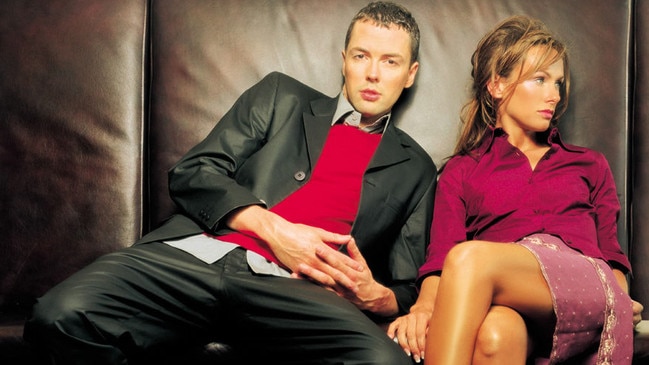
“The way not to record vocals is to sing while people are talking around you. Cheyne sang it in pretty well one take. But on the second verse you can hear rustling and talking in the background. I put a crowd noise underneath to mask (DJ and Vicious Vinyl partner) John (Course) talking on the phone at the studio in Frankston where we recorded it.
“When Mousse T was remixing the song for the 20th anniversary he emailed me asking if we had any clearer vocal takes. I had to explain why there was all the noise in the background.
“But the brief for the song was essentially a disco riff with a catchy vocal over the top. There was something quirky about Cheyne’s vocals that just worked.”
The disco DNA came from a sample of Italian Pino D’Angiò’s 1980 hit Ma Quale Idea .
“We sampled him, we gave him a percentage of the royalties,” Van says.
However Ma Quale Idea’s distinctive bassline suspiciously recalled Ain’t No Stoppin’ Us Now, a 1979 disco hit by McFadden and Whitehead.
“The bassline has 90-per-cent similar notes to Ain’t No Stopping Us Now. So they sued us and said we’d taken their song. We said we hadn’t, we’d cleared a sample from Pino’s song. Multiple emails went back and forth. In the end I said to take most of Pino’s share, which they did. We contacted Pino via fax, back in the day, because that was the only contact we had for him. We told him what was going to happen with his share if he didn’t put his hand up and he never did. We’ve never heard from him to this day.”
The legal back and forth over the bassline saw the song remain in limbo at the height of its popularity — meaning rejecting many offers to be used in TV ads and movies.
A major American recording artist is currently negotiating to sample the song — which means as writers Madison Avenue need to give their permission — if that version pans out it will be released next year.
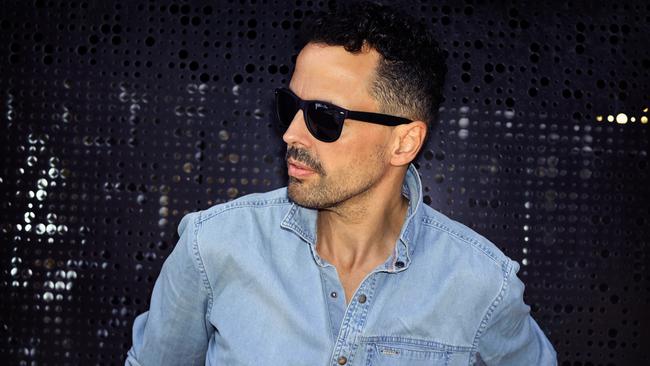
However the DJ says Don’t Call Me Baby was still highly lucrative, especially being released in the sweet spot where people still paid for CDs and pirate site Napster had yet to kick in.
“It’s safe to say the song bought me a house,” Van says.
“It would have made Cheyne and I a million dollars each at a guess. I’ve never added it up. We paid for so many other things, like costumes and flights, that also came out of it. Our first tour of the UK we made no money at all because we spent $30,000 of our own money on it.
“All those type of things ate away at the money. It does still pay a good income each year still. It’s still used on compilations, it keeps getting added to playlists like House Classics or 90’s Classics on Spotify. It’s definitely still paying its way.”
Madison Avenue recorded one album, 2000s The Polyester Embassy, which Van estimates cost around $30,000.
“We spent more on videos (than making the album). The videos for Don’t Call Me Baby and Who The Hell Are You cost $70,000, in those days that was a lot for an Australian video. “Even 20 years ago we knew you were on the same playing field as Usher or Britney Spears, which is why we spent so much on the videos. I remember the guys from Human Nature said ‘We saw your videos, that’s pushed everyone up a notch’. I wanted it to stand on a world scale. Luckily it did.”
Who the Hell Are You became a UK Top 10 hit, Don’t Call Me Baby was an underground club hit in the US (just a few years ahead of mainstream America really embracing dance music) and a cover of LRB’s Reminiscing became their fourth Australian Top 10 single and also final release.
“There was silly money on offer, over a million dollars from our publishers, for a second album,” Van says.
“But Cheyne and I just couldn’t connect, for a lot of reasons, to creatively build something that was awesome. I couldn’t deal with an album that was just OK. We had about 15 ideas, some uncleared samples. Cheyne took one of the songs for her solo project.”
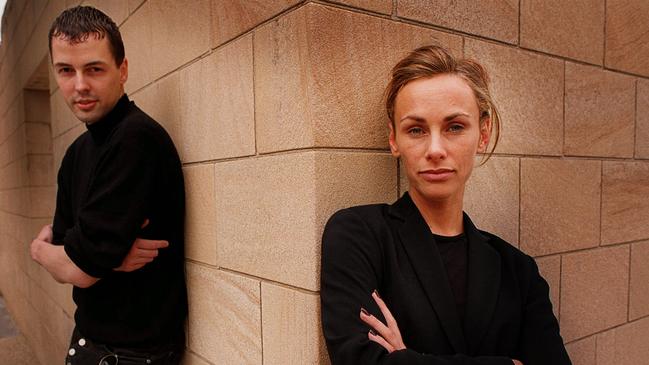
Coates’ solo debut I’ve Got Your Number was released in 2004, followed by Taste You, written with Pseudo Echo’s Brian Canham. Neither song could repeat the success of Madison Avenue and no solo album was released.
Since then Coates has effectively slipped off the radar, last spotted in a cameo role in an indie film in 2008. She’s not on social media and has rejected every offer for Madison Avenue to reform, including for a marriage equality party at Margaret Court Arena Van thought might have lured her out of the shadows.
“We get so many offers to tour. Substantial amounts of money. I don’t want to speak on behalf of Cheyne, but I don’t know she’d love touring. I still love DJing, that’s my world. I’d love to do stuff as Madison Avenue again, I think we could reinterpret it and come back with something exciting but Cheyne’s just not into it. So the offers keep coming and we say no. I take them to her, but it’s not for her. I guess she is elusive. I also think she’s not big the thought of people standing there with their phones, not being in the moment.”
Van believes the backlash to the ARIA performance took its toll on Coates.
“There are a lot of negatives with social media now and we saw that before social media existed with the ARIAs and the negative comments we got after that. People were nasty.”
Van has launched a Madison Avenue Instagram and Facebook page, almost reluctantly, to promote the 20th anniversary of Don’t Call Me Baby.
If Madison Avenue existed in this day, the glass of water would have had its own Twitter account after the ARIA performance.
When the ARIAs launched a YouTube channel dedicated to the awards earlier this year, Madison Avenue’s performance was one of the first posted.
“We really wanted to put on a show,” Van says of their medley.
“Cheyne sang live, it’s tough on TV where you don’t know what’s going out, you can’t control it. In the room it sounded great. People really analysed it at home. That was a shame. And the glass wasn’t Cheyne’s fault. That cameraman stands in front of a glass and doesn’t move their camera? To this day I still don’t understand that.
“Cheyne is a good singer, she had a dry throat, she needed a drink. She just put it down in the wrong spot. We’ve all had bad moments on stage. I’ve chipped a tooth on the mic when DJing with blood coming down my face, I’ve had DJ consoles collapse, it just didn’t happen on live TV. Haters are going to hate.”
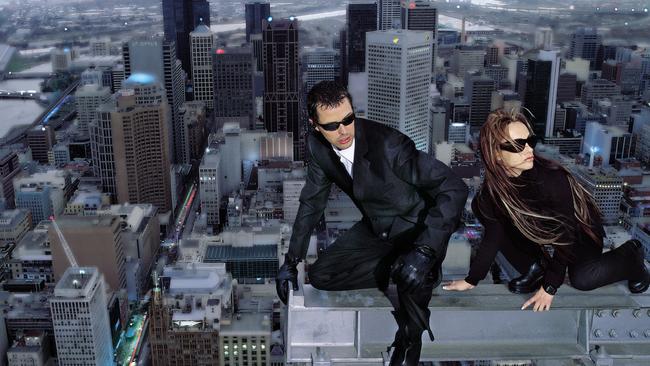
READ MORE:
FATBOY SLIM ON PUSHING THE AGE LIMIT FOR ‘SUPERSTAR DJS’
THE SINGER FLIGHT FACILITIES ALMOST LANDED FOR SINGLE
MELBOURNE DJ ON WORKING WITH CALVIN HARRIS IN VEGAS
Van reveals he’s as in the dark as most people as to Coates’ whereabouts – beyond knowing she started a family soon after the band ended.
“I don’t actually know what she does for a job. I know she’s still working on music with other people, but I don’t know enough about it. I’m sure she’s still being creative, she did some interior design. We catch up on the phone once or twice a year. I never ever have dinner with her or anything. Her world is her world, she likes that to remain private.”
Coates did green light the 20th anniversary remixes of Don’t Call Me Baby.
“She doesn’t understand why people still like the track. She told whoever was going to remix it to really mess it up and f--- it up, not stick to the original. She was always very creative. The videos were risque. We had girls in G-strings on Saturday morning TV, I still don’t know how we got away with that. It’s good to push boundaries. She wouldn’t have come up with Don’t Call Me Baby or Who the Hell Are You if she lived by the norm. I like that side of her.”
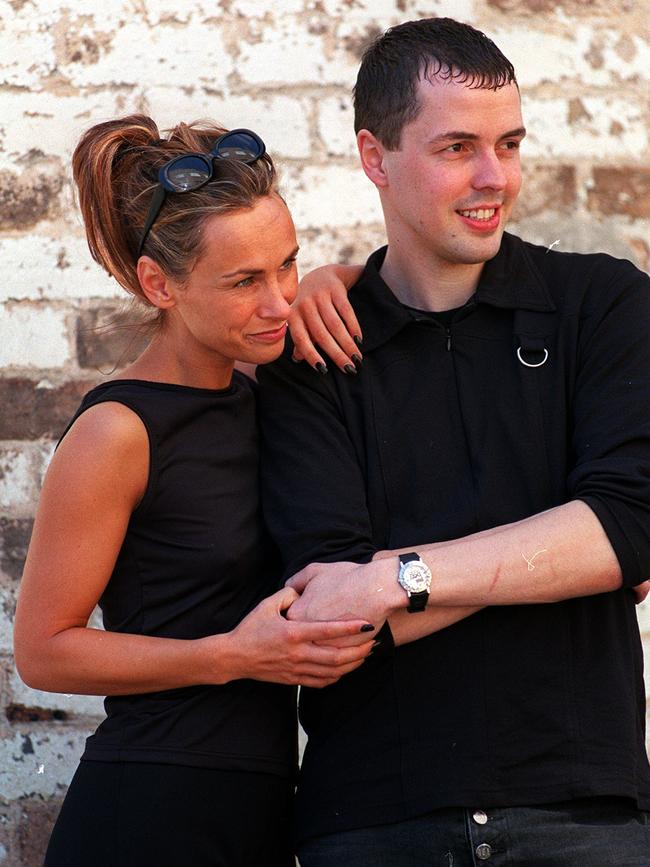
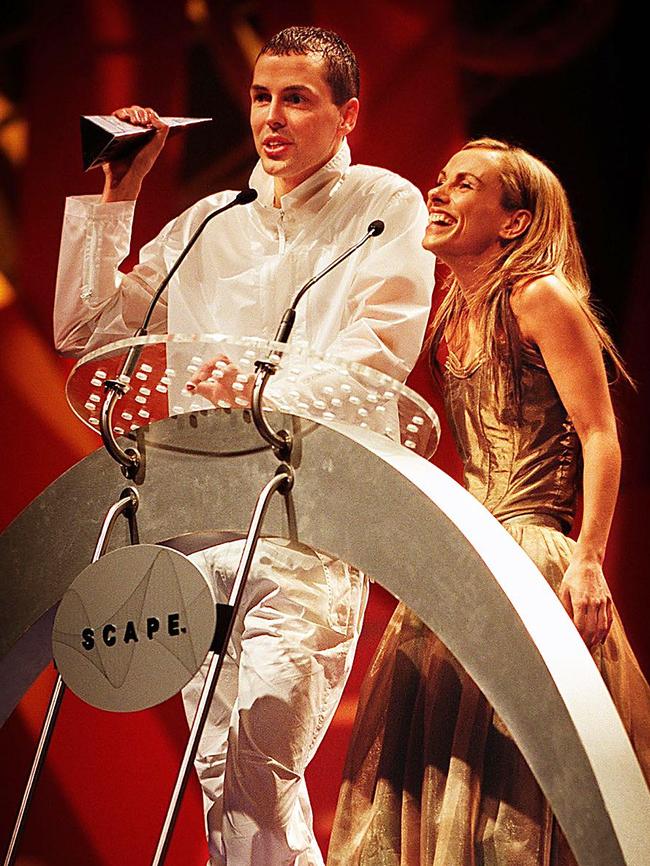
As well as the Mousse T remix, Van has reworked the song under the guise Super Disco Club.
“I did about four versions, I was trying to make it darker but there’s something about Cheyne’s vocal that connects with positivity. You can’t have an unhappy melody or minor chords in there. No matter what you do it has to be a summer house record. It’s a bit like Ross from Friends. No matter what other show you see him in, even in the OJ Simpson miniseries, you’re waiting him to do a silly dance or something. Ross from Friends is always Ross from Friends. Don’t Call Me Baby is our Ross from Friends.”
Don’t Call Me Baby 20th anniversary remixes out Friday, November 15
